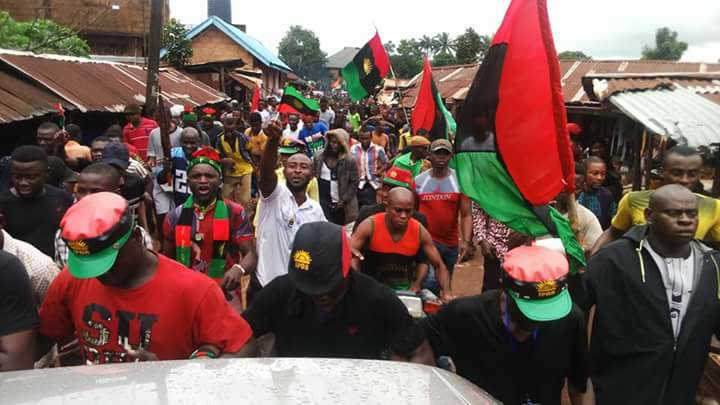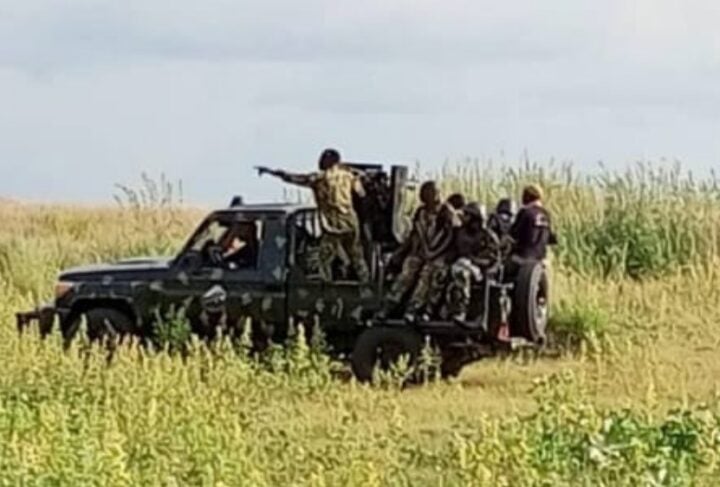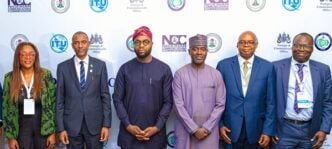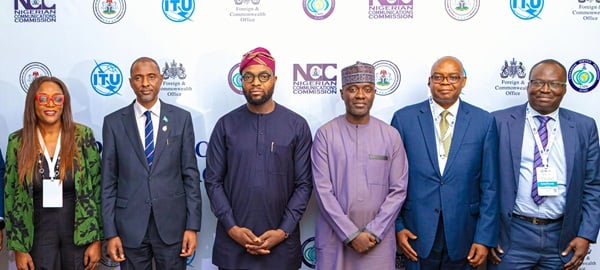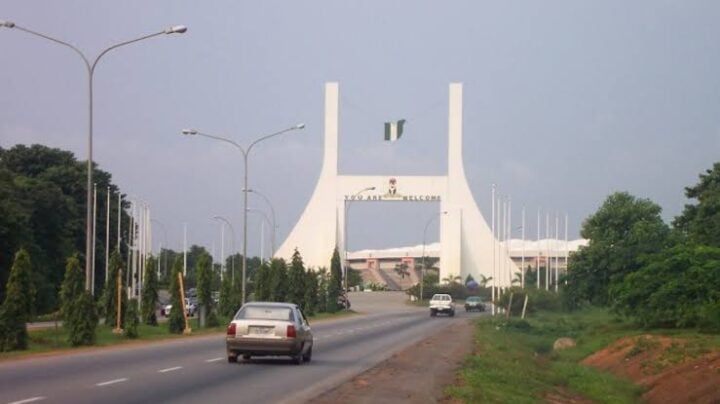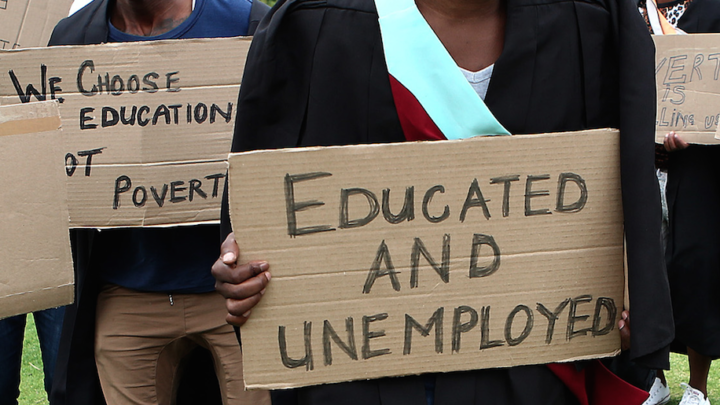I interviewed Ralph Uwazuruike, the founder of MASSOB, around 2007. MASSOB is the first group to renew agitation for Biafra after the Nigerian civil war. I was then a reporter with National Standard Magazine, and the interview took place in Okwe, Uwazuruike’s serene hometown in Onuimo Local Government of Imo State.
I recall that interview now because of the issues surrounding the treason trial of Nnamdi Kanu, the leader of IPOB, which took over the agitation for Biafra from Uwazuruike’s MASSOB. That interview gave me insight into Uwazuruike’s mindset and the feelings that drive the Igbo agitation for an independent homeland in Biafra.
It is the idea that Nigeria has an Igbo problem and the failure to fully integrate the Igbos as equal partners into the Nigerian project since the civil war. The factors that contribute to the strong support for a new Biafra include residue of resentment over post-civil war concerns such as abandoned property, economic dispossession and exclusion, marginalisation in federal appointments, structural imbalance and under-representation, and so on.
Uwazuruike articulated these points lucidly, arguing that Nigeria should let the Igbos go. These are undoubtedly valid concerns. Nigeria indeed has an Igbo problem, as many have still not forgotten, or forgiven them for the 1966 coup, perceived as an Igbo putsch, which led to the death of several top political leaders, and ultimately to the counter-coup and civil war. Nonetheless, I think Uwazuruike (and possibly many Igbos) unduly demonstrated a victim mentality, and the MASSOB leader’s campaign for Biafra was driven as much by ethnic bigotry as the need for independence.
Advertisement
Even then, the leader of MASSOB was shrewd, and it was apparent that his love for the Igbo runs deep. The Biafra agitation had cost him and his family much. He was a constant guest of the prison, and security agents often harassed him and his MASSOB followers. At the time I interviewed him that hot afternoon in Okwe, he had just been released from a prison sabbatical. But he was not bitter and seemed too relaxed for a man committed to rebelling against the Nigerian state.
In all, he made a huge impact on me, especially his commitment to non-violence and willingness to put the Igbos’ overriding interest above all else. He narrated a story which drove home this point. During the 2006 census, MASSOB took a position that the Igbos would not participate, perhaps to force the Nigerian government to negotiate and consider their demands. Obasanjo was the head of state and had no time for their shenanigans.
MASSOB was insistent, campaigning stridently that the Igbo would not participate. Then, Uwazuiruke said, a group of Igbo intellectuals and elders met with him to articulate the grave implications of the Igbo not participating in the national count. The possible consequences included reduced national representations, weaker electoral weight, lower federal allocations and other serious socio-political fallouts.
Advertisement
Uwazuruike backpedalled after that meeting, and the Igbo participated in the 2006 census without being harassed, killed or regarded as saboteurs. Even though MASSOB wanted Biafra, it was not to be at the cost of the long-term viability and progress of the Igbo people. That is wisdom, temperance and foresight.
Uwazuruike differs from latter-day Biafra activists such as Kanu, the supreme leader of IPOB. For these, it is Biafra or nothing, even at the cost of burning down Igbo land. Like cutting one’s head to cure a headache.
Kanu began the Biafra agitation with guns blazing. Not for him Uwazuruike’s temperate language. Not for him the platitudes of Mahatma Gandhi, whom MASSOB had adopted as a model for their non-violent struggle. He spoke tough, demanded respect from everyone, and soon had thousands of foot soldiers willing to do his every bidding. Kanu brooked no opposition, and those who dared to counter him suffered for it.
He was the supreme leader after all, issuing military commands here and there. But lacking the political skill to garner crucial support outside Igbo land, and was unwilling or unable to listen to contrary opinions and ideas. A hot head, it was his way or the highway. And the Southeast paid for it.
Advertisement
Many Igbo elites and others were killed for violating Kanu’s order for a Monday sit-at-home. According to SBM Intelligence, about 776 deaths, including Dr Chike Akunyil, the husband of my late boss, Dora, have occurred in the South-East between 2021 and 2025, linked to the sit-at-home order and related violence.
Police and other security agents were particularly targeted by the Eastern Security Network (ESN), a group set up by Kanu to enforce his orders. Additionally, the enforcement of the sit-at-home mandate has had a devastating impact on the Southeast economy, leaving serious investors wary of the region because of the violence. Even worse, Kanu’s take-no-prisoners style of agitation appears to have opened the floodgates, with numerous copycat groups and agitators mirroring his tactics. They want Biafra, have big guns and are willing to kill and terrorise their own people for it.
Only that after the many years of agitation for Biafra, not a single strategic goal has been achieved. The needle has not moved even slightly towards the realisation of that dream. Rather, the agitation has devastated the Southeast, causing untold death and ruining the local economy.
Uwazuruike failed with his Gandhi-style of nonviolent struggle. So has Kanu’s burn-the-house-down style. Yet, the Igbo problem persists. Nigeria will have to deal with this at some point by resolving the structural issues that give rise to the campaign and fully reintegrating the Igbo into the Nigerian family, and forever banishing the ghost of the civil war. But to achieve that, the Igbos require skilled politicians and not a hothead like the IPOB Supreme Leader.
Advertisement
Views expressed by contributors are strictly personal and not of TheCable.

